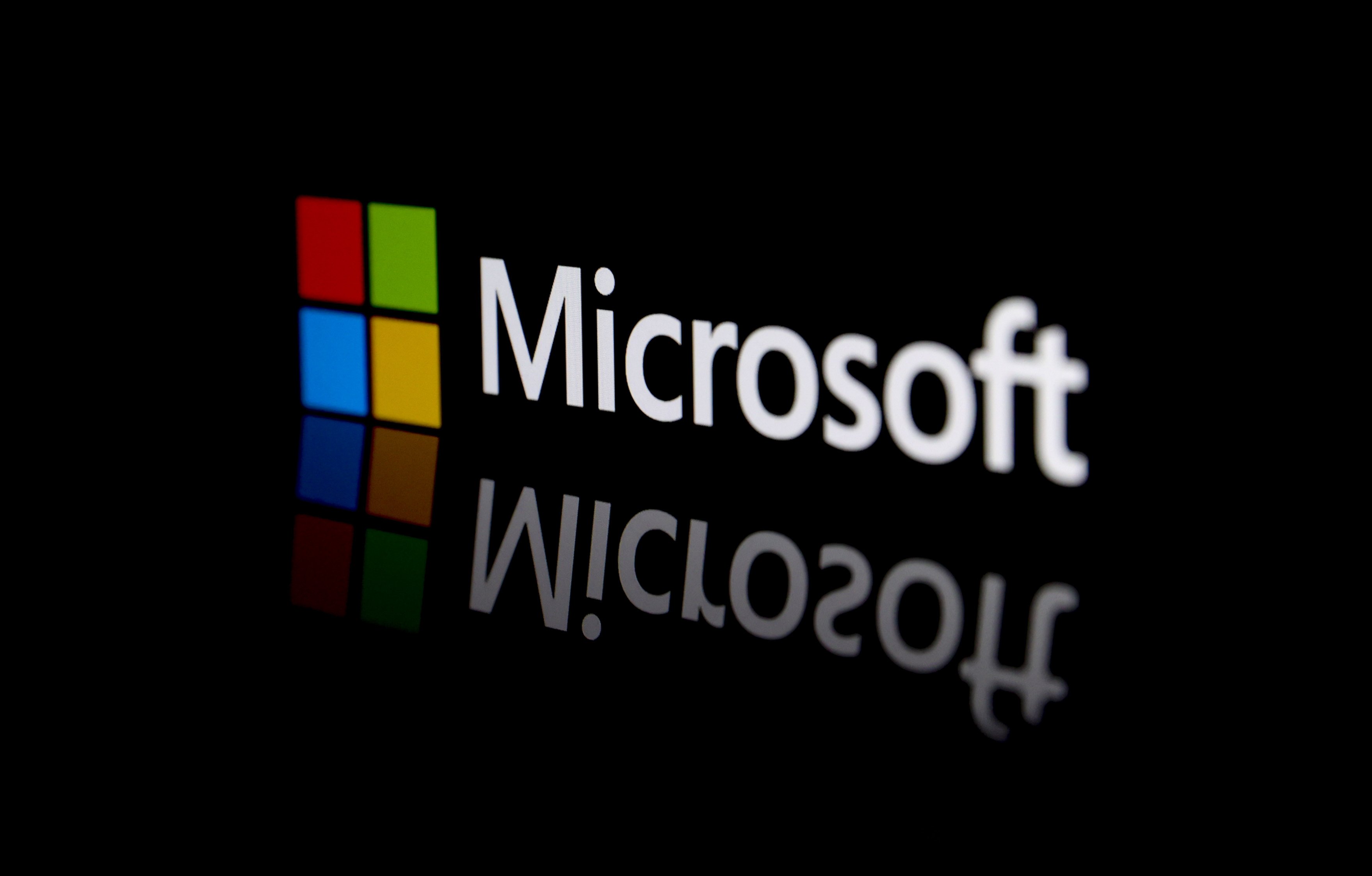Qualcomm (QCOM +0.77%) is well known for its cellular modems and mobile applications processors. Sales of such products make up the overwhelming majority of its semiconductor revenues. Although these businesses have been good to the chipmaker, the company is looking to bring its chip-design expertise into new markets.
The company has been known to be working on data-center processor designs for quite some time, though it only formally unveiled its intent to compete in this market in late 2015.

Qualcomm's Centriq 2400 server processor. Image source: Qualcomm.
Qualcomm kicked off its efforts here when it began sampling its first server chip -- a 24-core processor built using a foundry 14/16-nanometer technology -- in late 2015. The company began sampling a follow-on product -- a 48-core product built using a foundry 10-nanometer technology -- in late 2016, with commercial shipments expected to begin in the second half of 2017.
Qualcomm's server-chip efforts seemingly got server-software giant Microsoft's (MSFT 1.32%) blessing in a March 8 announcement. Let's take a closer look.
Bringing Windows to Qualcomm's ARM-based server chips
One of the hurdles to the adoption of processors built using the ARM architecture in the server market has been the lack of software infrastructure. Most data-center software today is written for chips that implement Intel (INTC +5.70%) Architecture. This is unsurprising, as Intel has an overwhelmingly dominant market-share position in the server-processor market.
In a press release, Qualcomm announced that it's working with Microsoft to enable "a variety of cloud [server] workloads to run on the Microsoft Azure cloud platform powered by Qualcomm Centriq 2400 server solutions." Qualcomm also says that its data-center-focused division, QDT (Qualcomm Datacenter Technologies), "has been working with Microsoft for several years on ARM-based server enablement and has onsite engineering at Microsoft to collaboratively optimize a version of Windows Server, for Microsoft's internal use in its data centers, on Qualcomm Centriq 2400-based systems."
From this press release, it doesn't look as though Microsoft is planning to sell the Qualcomm/ARM compatible Windows Server to other server makers quite yet. The release explicitly highlights that this version of Windows is "for Microsoft's internal use in its data centers."
That said, per Bloomberg, Microsoft's Azure cloud service is "No. 2 in cloud infrastructure behind Amazon, and it's one of the biggest server buyers," so the opportunity here for Qualcomm seems reasonably large and could get larger should Microsoft make Windows Server on ARM -- and thus on Qualcomm chips -- more widely available down the line.
Success, if it comes, takes time
Qualcomm seems to be doing a lot of software ecosystem work to allow its chips to be a viable alternative in the server market. That's the good news for Qualcomm. However, investors should be careful in setting their expectations around the company's server-chip business.
Intel, the incumbent player, still has the advantage of incumbency, the ability to offer many platform components as a "one stop shop" (i.e. 3D XPoint memory, Ethernet controllers/switches, FPGAs, Xeon Phi accelerators, and so on). It also invests heavily in influencing major server buyers and software vendors to optimize their codes to take advantage of the features and capabilities of Intel's chips.

Intel's 3D XPoint memory. Image source: Intel.
Any significant share gains for Qualcomm, should they ultimately happen, aren't likely to happen overnight. They'll take time, so it's probably unwise for investors to model in significant revenue/unit share gains in the near term.
Further, if Qualcomm can't ultimately generate enough revenue from server chip/platform sales to generate a reasonable return on what is surely a significant investment -- product development and marketing are not cheap -- then there's a risk that the company will, at some point down the line, simply shutter the efforts.
But for now, it will be interesting to see how Qualcomm's product offerings and go-to-market strategy evolves, and how much commercial success it can ultimately achieve.








